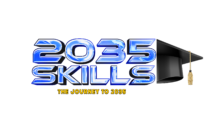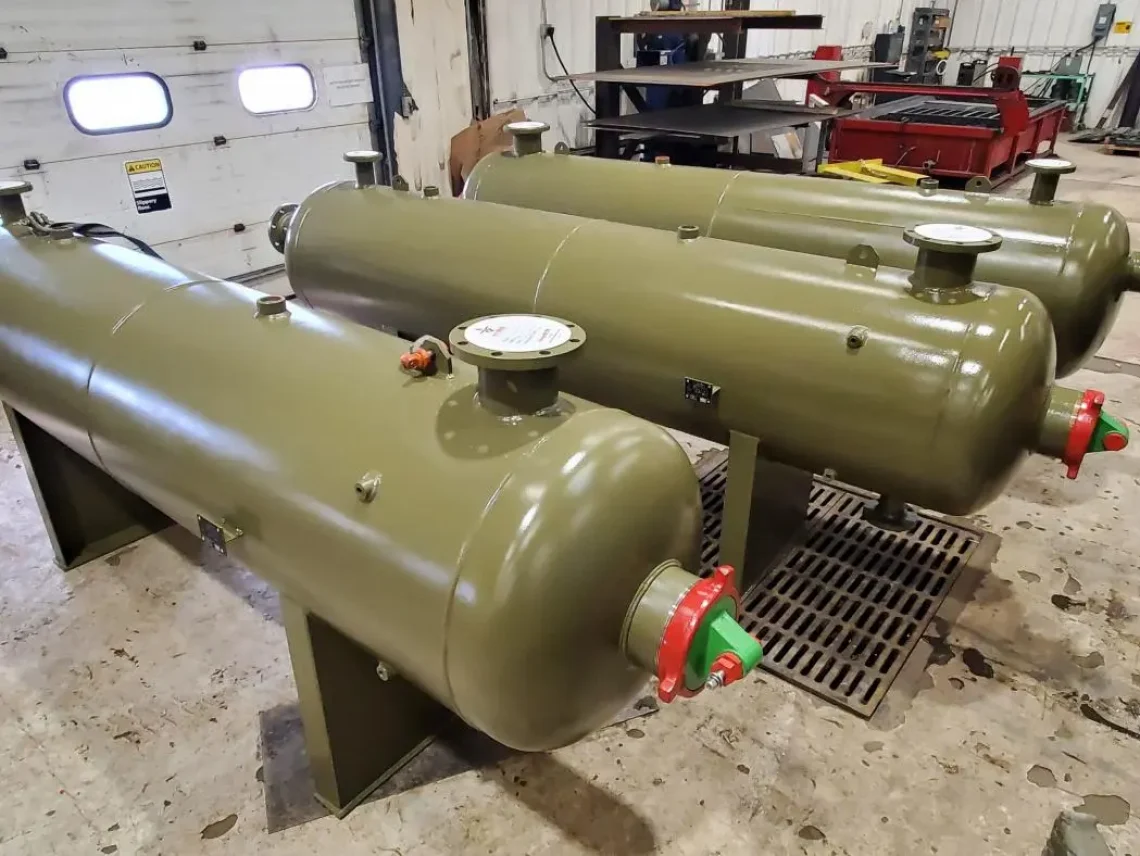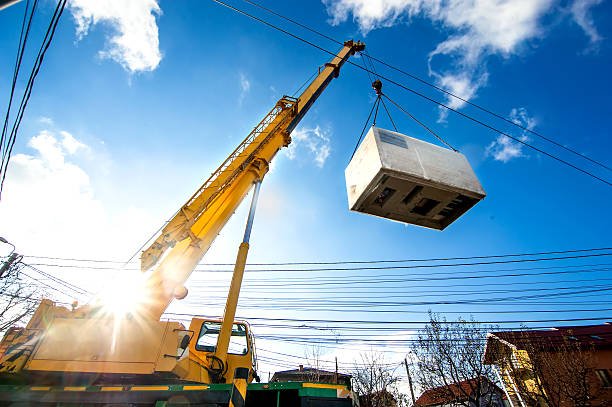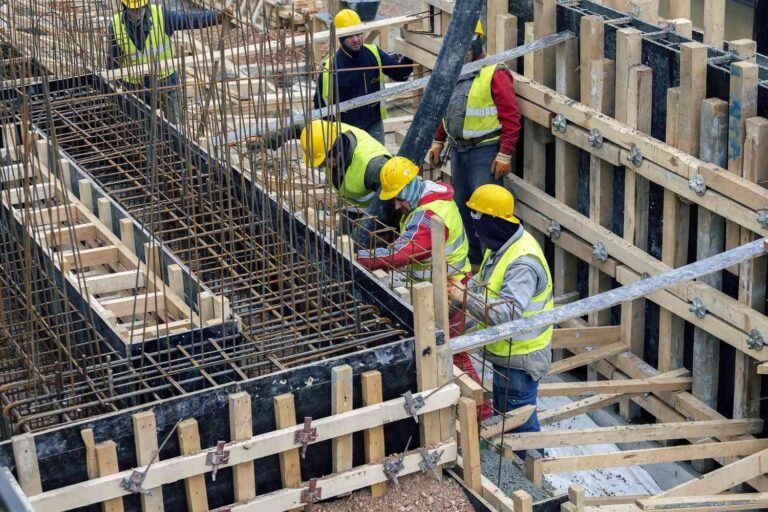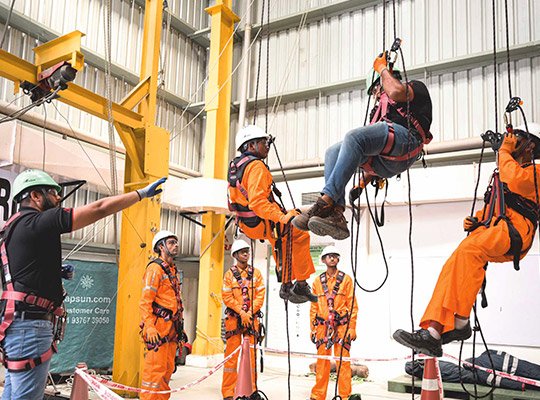Pressure Vessel Safety – 12 Modules | One Day USD: 150/- and Two Day USD: 250/- Per Pax.
Description
Module 1: Introduction to Pressure Vessel Safety
- Definition and purpose of pressure vessels
- Importance of safety in pressure systems
- Overview of incidents and lessons learned
Module 2: Types of Pressure Vessels and Applications
- Boilers, air receivers, gas cylinders, storage tanks, and reactors
- Stationary vs. portable pressure vessels
- Common industrial uses (oil & gas, manufacturing, chemical plants)
Module 3: Hazards Associated with Pressure Vessels
- Overpressure, rupture, explosion, and leakage
- Corrosion, fatigue, and material failure
- Human error and poor maintenance
Module 4: Design and Construction Standards
- ASME Boiler & Pressure Vessel Code
- API, EN, and ISO standards
- Importance of material selection and design pressure
Module 5: Pressure Relief and Safety Devices
- Types of relief valves (spring-loaded, pilot-operated)
- Rupture discs and safety interlocks
- Inspection and testing of relief systems
Module 6: Inspection, Testing, and Certification
- Hydrostatic and pneumatic testing
- Non-destructive testing (NDT) methods
- Role of certified inspectors and documentation
Module 7: Safe Operation and Monitoring
- Operating procedures and limits
- Gauges, alarms, and pressure monitoring systems
- Recognizing warning signs of vessel failure
Module 8: Maintenance and Repairs
- Preventive maintenance schedules
- Weld repairs and re-rating requirements
- Recordkeeping and re-certification protocols
Module 9: Hazard Control and Risk Assessment
- Identifying potential hazards before operation
- Safety interlocks and automatic shutdown systems
- Control of ignition sources and confined space hazards
Module 10: Emergency Response and Incident Management
- Response to pressure vessel leaks or ruptures
- Evacuation procedures and fire control
- Post-incident investigation and reporting
Module 11: Roles, Responsibilities, and Training
- Operator and maintenance personnel duties
- Competency requirements and refresher training
- Management oversight and audit practices
Module 12: Continuous Improvement and Safety Culture
- Incorporating lessons learned into procedures
- Periodic safety reviews and audits
- Promoting awareness through toolbox talks and safety campaigns
View more Courses
Hi, Welcome back!
